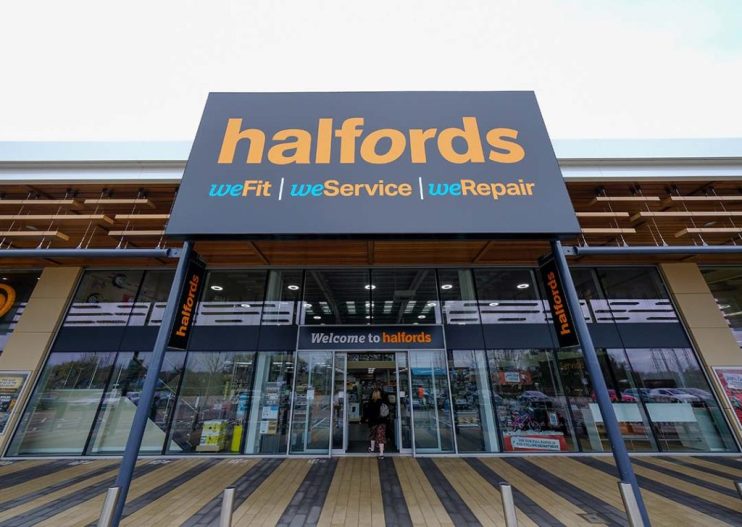Halfords boss urges govt to help with labour market gap as profit guidance shrinks

Halfords’ chief executive Graham Stapleton has called on the government to help fill a gap in the labour market as the group reduced its profit guidance from £60m to £50m.
Stapleton said it couldn’t get “enough qualified technicians into our garages to meet demand” and that was hurting growth.
According to the chief executive, the government could help fill in this gap by expanding the apprenticeship levy “to make it easier to use funds to train employees on new technologies,” as well as by sponsoring awareness programmes “to reach all communities.”
Stapleton also called on ministers to change the legal status of under age apprentices, as their parents lose some of their benefits, including child benefit.
“The apprentice may be able to claim Universal Credit but the net effect on household income may well be negative and it transfers the benefit from the household to the child,” he added.
“If apprentices were treated in the same way as young people in education or training it could have a transformative effect.”
Nevertheless, the motoring and cycling services company posted a 38.3 per cent increase in growth in the three months ended 30 December due to strong sales in the motoring segment. This is up on the 21.7 per cent growth posted in FY2020.
Despite headwinds and the ongoing labour shortages continuing to have an impact on segments, Halfords has gained a share in all “our measured markets” – including cycling, motoring and tyres.
“We have seen strong revenue growth in what are exceptionally challenging circumstances, and we have continued to grow our market share whilst also tightly managing our costs, inventories and cash flows,” the chief executive said.
“Consumer demand for our services and needs-based categories, which now account for the majority of our revenue, continues to grow, and our Motoring Loyalty Club is exceeding expectations as customers recognise the value of its unrivalled discounts and offers.”
Looking ahead, the company expects “the resilience and strength of our growing service and needs-based products business to continue” but due to the ongoing recession “high ticket, discretionary spending” will not recover in the short term.